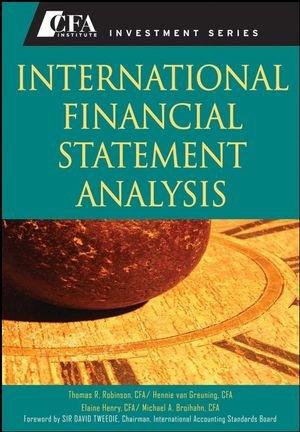In order to develop and introduce a new product, Digilog created a separate business entity, DBS, that
Question:
In order to develop and introduce a new product, Digilog created a separate business entity, DBS, that was capitalized with $10 million of convertible debt issued to Digilog. Upon conversion, Digilog would end up owning nearly 100% of DBS. Initially, owners’ equity of DBS consisted of a few thousand dollars of common stock issued to DBS’s manager.
During the first two years of DBS’s operations, Digilog did not consolidate DBS; it argued that DBS was controlled by its manager, who owned 100% of the outstanding common shares. Even though DBS generated substantial losses over its first two years of existence, Digilog reported interest income on its investment in the convertible debt.
After two years, when DBS started to generate profits, Digilog exercised its conversion option and consolidated from that point forward.
Although DBS had been set up as an “independent” corporation, the SEC took the position that the contractual and operating relationships between the two companies were such that they should have been viewed as constituting a single enterprise for financial reporting purposes. The defendants in the enforcement action, Digilog’s auditors, consented to a settlement. The settlement included the opinion by the SEC that consolidation would have provided a user of the financial statements with the most meaningful presentation in accordance with GAAP—even though no specific GAAP at that time directly addressed Digilog’s “creative” accounting solution.
Eventually, after many more years of debate, and in the wake of the Enron scandal, which also involved abuse of subsequent consolidation rules, the concept of a “variable interest entity” (VIE) was created. A key aspect is control for consolidation purposes;
even in the absence of voting control, consolidation is necessary if the investor has the ability to exert influence on the financial and operating policy of the entity and is exposed, or has rights, to variable returns from its investment in the entity. Although the term VIE is not employed by IFRS, its provisions are similar.
Given the facts above and the consolidation rules for a variable interest entity, Digilog is most likely to try to argue that it does not need to consolidate DBS because:
A. Digilog does not have voting control.
B. Digilog’s interest income from DBS is not variable.
C. DBS’s manager has operational and financial control.
Step by Step Answer:

International Financial Statement Analysis CFA Institute Investment Series
ISBN: 9780470287668
1st Edition
Authors: Thomas R. Robinson, Hennie Van Greuning CFA, Elaine Henry, Michael A. Broihahn, Sir David Tweedie





